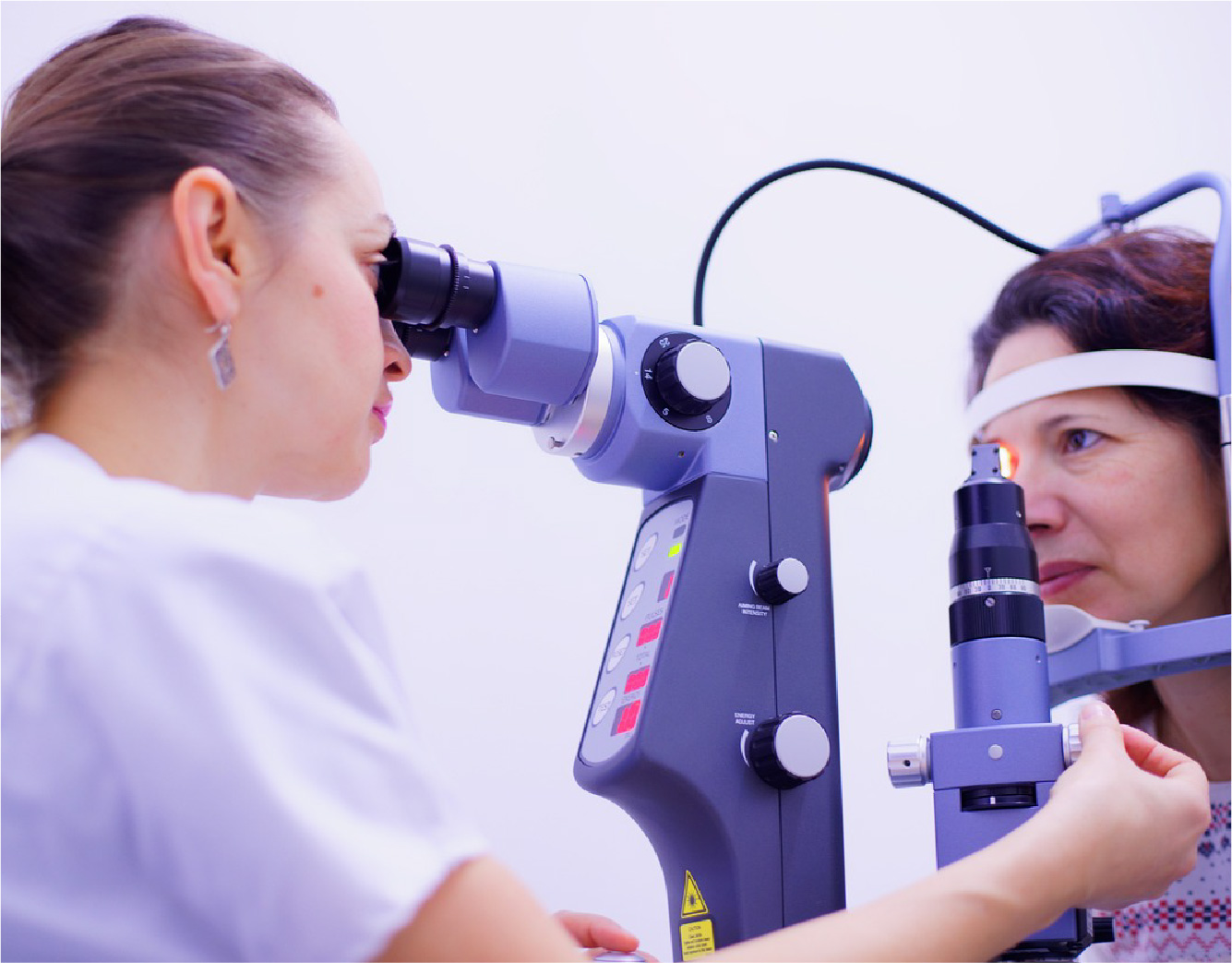Uveitis or inflammatory eye disease

What is uveitis?
Uveitis is inflammation of the middle layer of the eye, called the uvea.
Uveitis (or inflammatory eye disease) is a serious eye condition and if not treated promptly, can lead to loss of vision, making it the second most common cause of blindness in working age group.
Uveitis is often associated with autoimmune disorders, infections and other eye conditions such as glaucoma and cataracts, so it is imperative to book an appointment at a specialist uveitis clinic.

What are the types of uveitis?
Anterior uveitis
Anterior uveitis is inflammation in the front of the eye and involves the iris or the coloured part of the eye. It is the most common form of uveitis.
Intermediate uveitis
Intermediate uveitis affects the middle part of the eye including the retinal vessels and involves the ciliary body and the pars plana.
Posterior uveitis
Posterior uveitis is the most severe form of the condition. It affects the choroid and retina at the back of the eye. If left untreated, this type of uveitis can cause vision loss.
What are the risk factors?
- autoimmune conditions such as Lupus or Bechet’s
- inflammatory conditions such as ankylosing spondylitis, psoriasis
- other medical conditions such as sarcoidosis, multiple sclerosis
- eye injury or surgery
- viral, bacterial or fungal infections such as toxoplasmosis, shingles, herpes, tuberculosis etc.
What are the symptoms?
Symptoms of inflammatory eye disease can affect either one or both eyes and can develop suddenly over a few hours or slowly over a few days. If you experience any of the following signs or symptoms, you should see an Ophthalmologist at a uveitis clinic without delay:
- eye pain or dull aching in the eye
- eye redness
- sensitivity to light
- blurred or cloudy vision
- floaters
- loss of peripheral vision
What are the complications of uveitis?
Uveitis can lead to several complications if it is not treated promptly at a uveitis clinic. Some of the complications can be treated whilst others may lead to vision loss
- floaters
- glaucoma
- cataract
- cystoid macular oedema
- epiretinal membrane
- vision loss.
What are the treatment options?
Our Consultants at VISIO Health have been trained at Moorfields Eye Hospital and are experts in the management of inflammatory eye disease and will discuss your personalised treatment plan which will reflect the latest advances in a rapidly developing field of uveitis.
Corticosteroids
Uveitis treatment options involve the use of anti-inflammatory agents such as corticosteroids which are rapidly acting to bring the inflammation under control. These can be in the form of eyedrops or oral medication which helps to reduce the inflammation inside the eye.
Immunomodulatory drugs
Occasionally, stronger immunosuppression may be required with immunomodulatory drugs such as mycophenolate, azathioprine, methotrexate etc. This type of uveitis treatment will be monitored by specialist nurses or doctors by performing blood tests at regular intervals.
Intravitreal treatment
Intravitreal injections into the eye are usually administered if the uveitis is limited to one eye. This is an effective way to deliver steroid inside the eye by injecting an implant which can last in the eye by releasing a small amount of steroid slowly over a period of 4-6 months for up to 3 years.

Our Treatments and Price List
| New patient consultation | £320 |
| Follow up appointment | £280 |
| Triamcinolone or Intracinol eye injections | £750 |
| Ozurdex eye injection | £2800 |
| Iluvien eye injection | £8500 |
| lasts 36 months |
If you would like to discuss Ophthalmology treatments, please get in touch with a member of our team


















